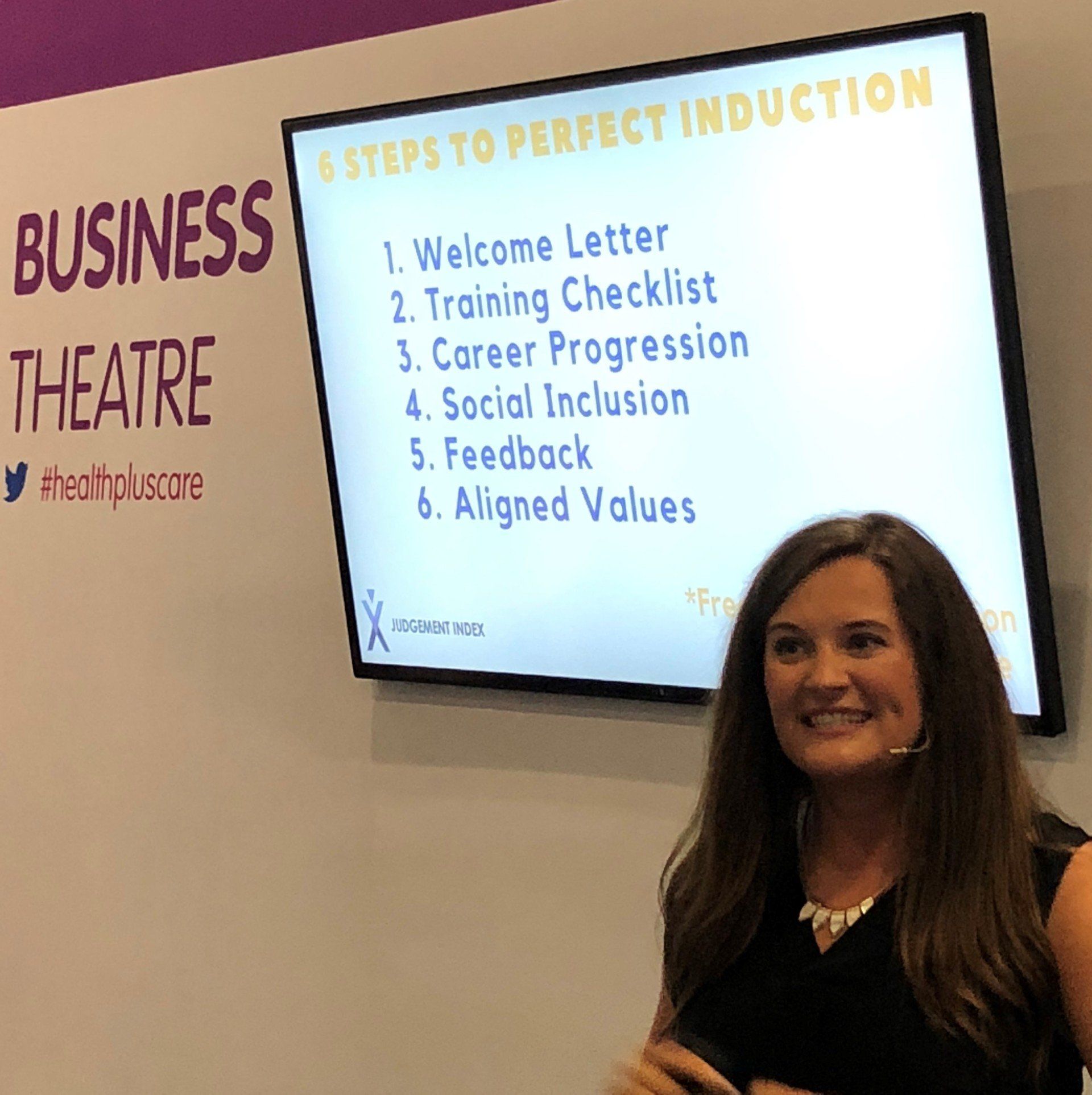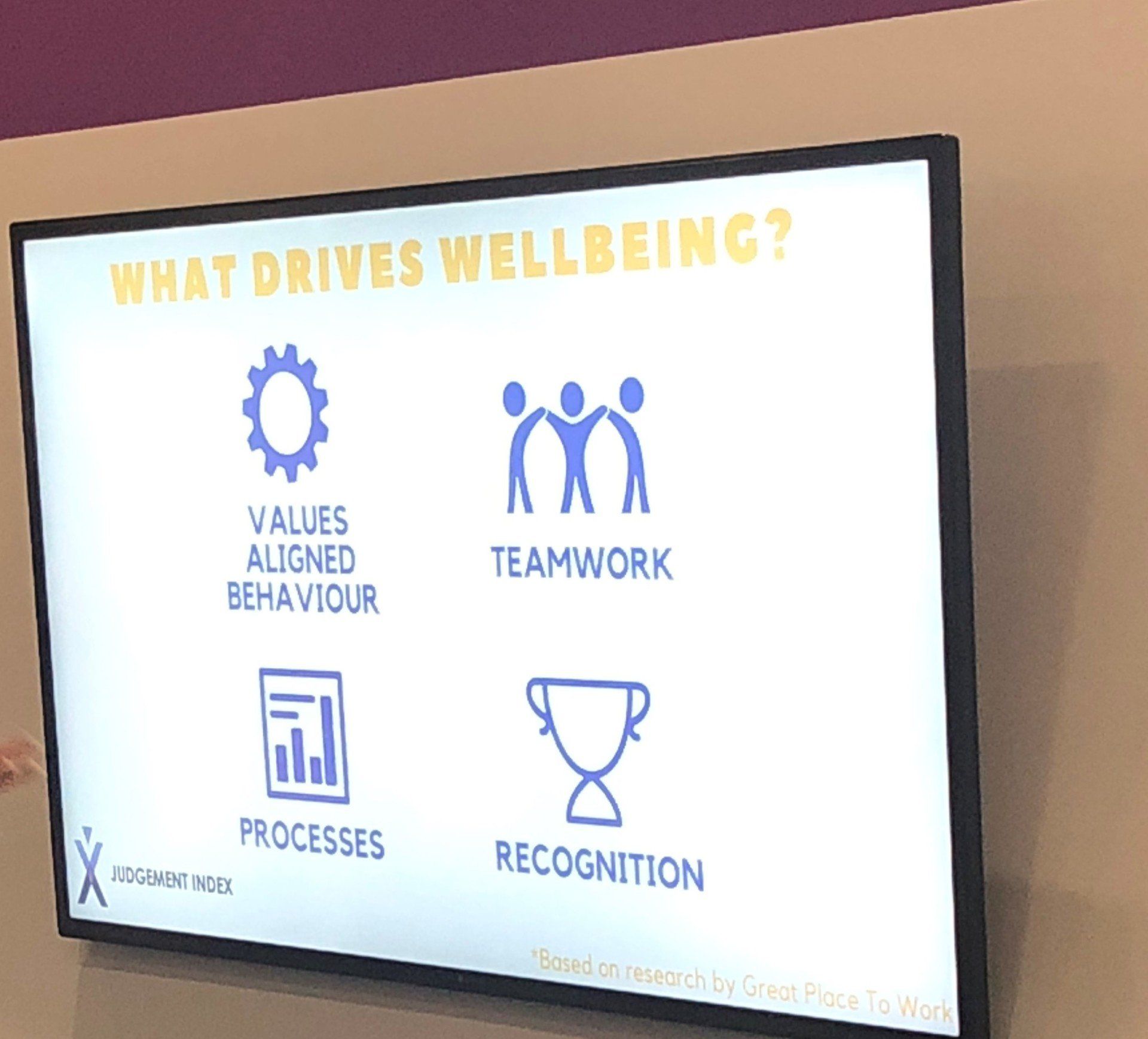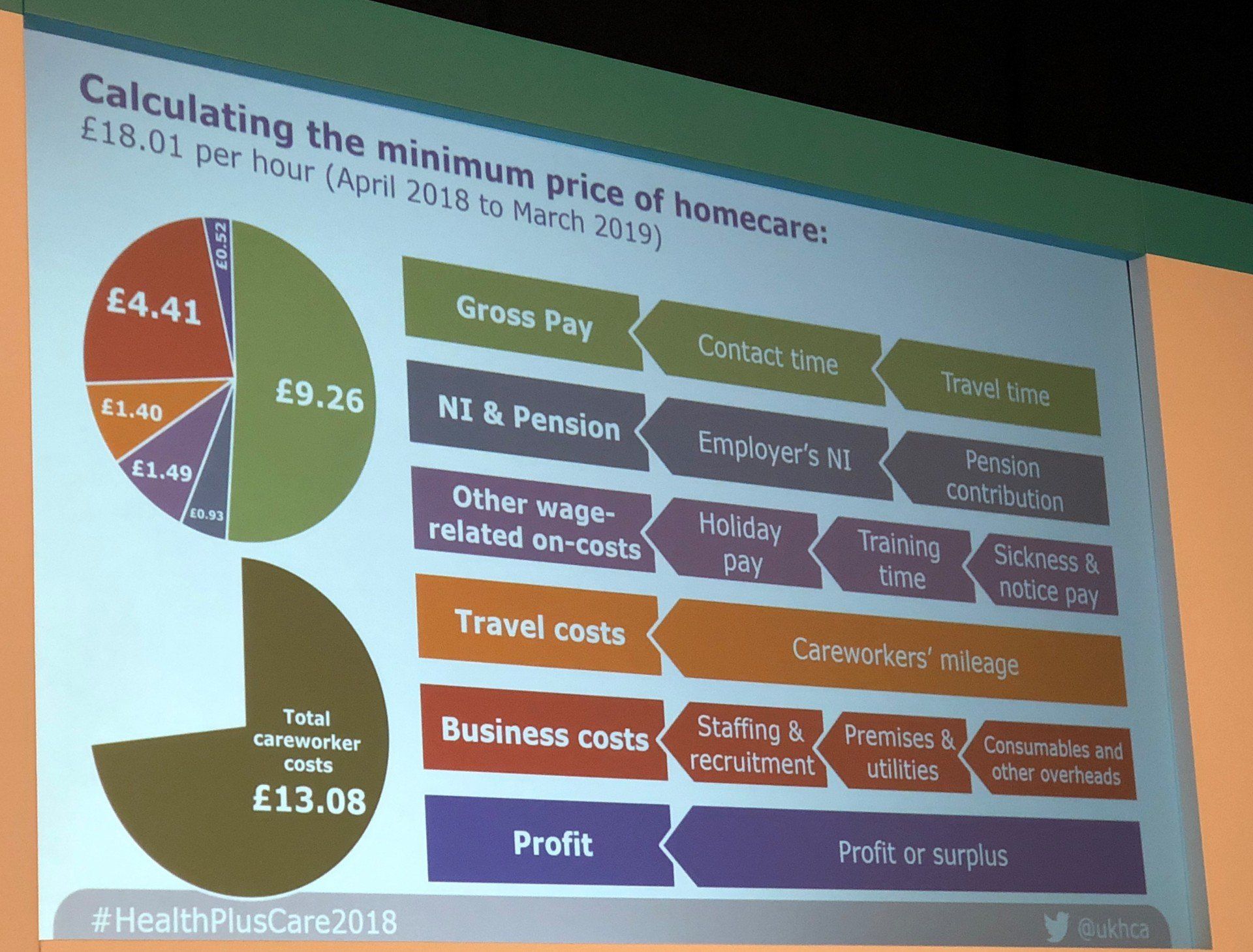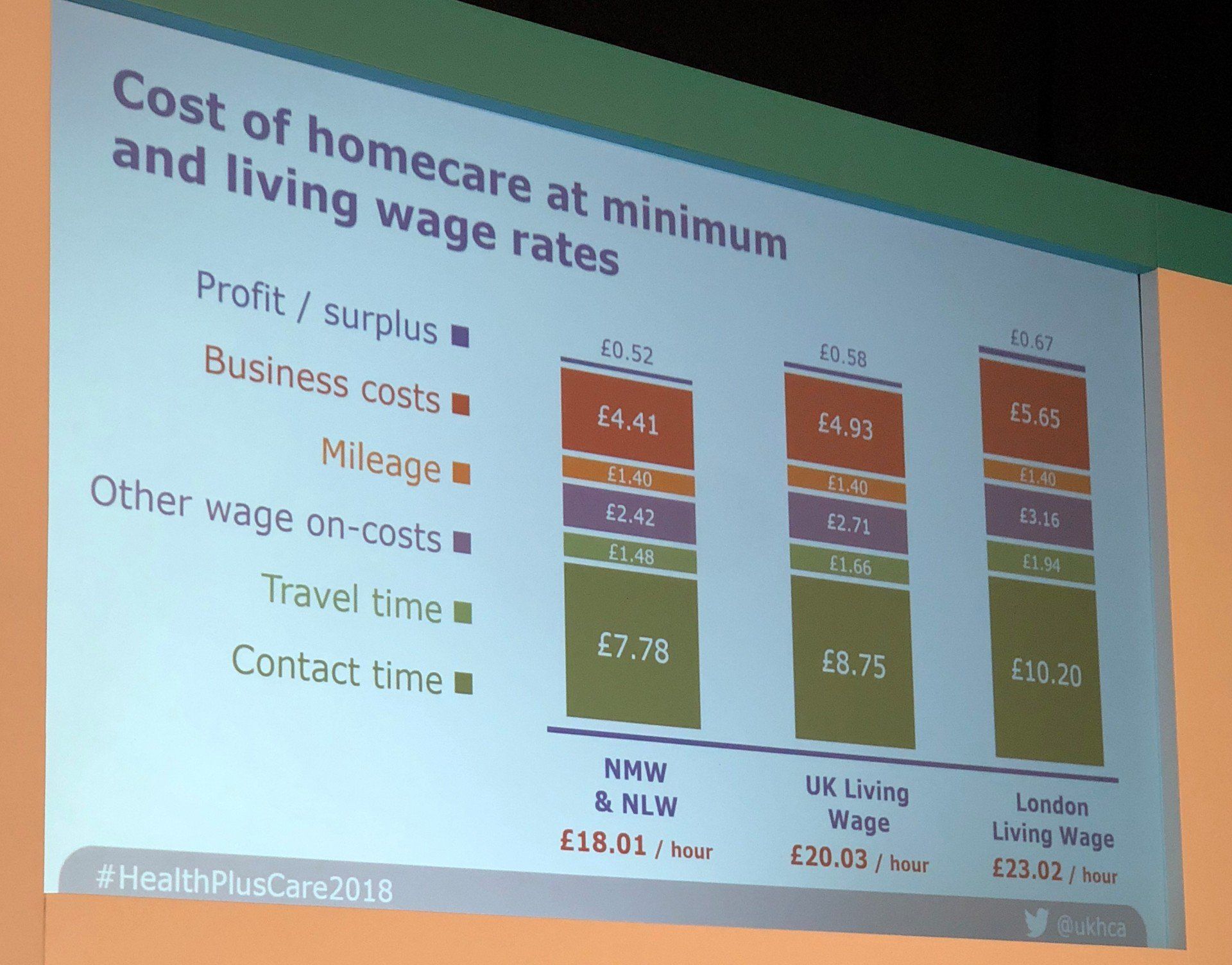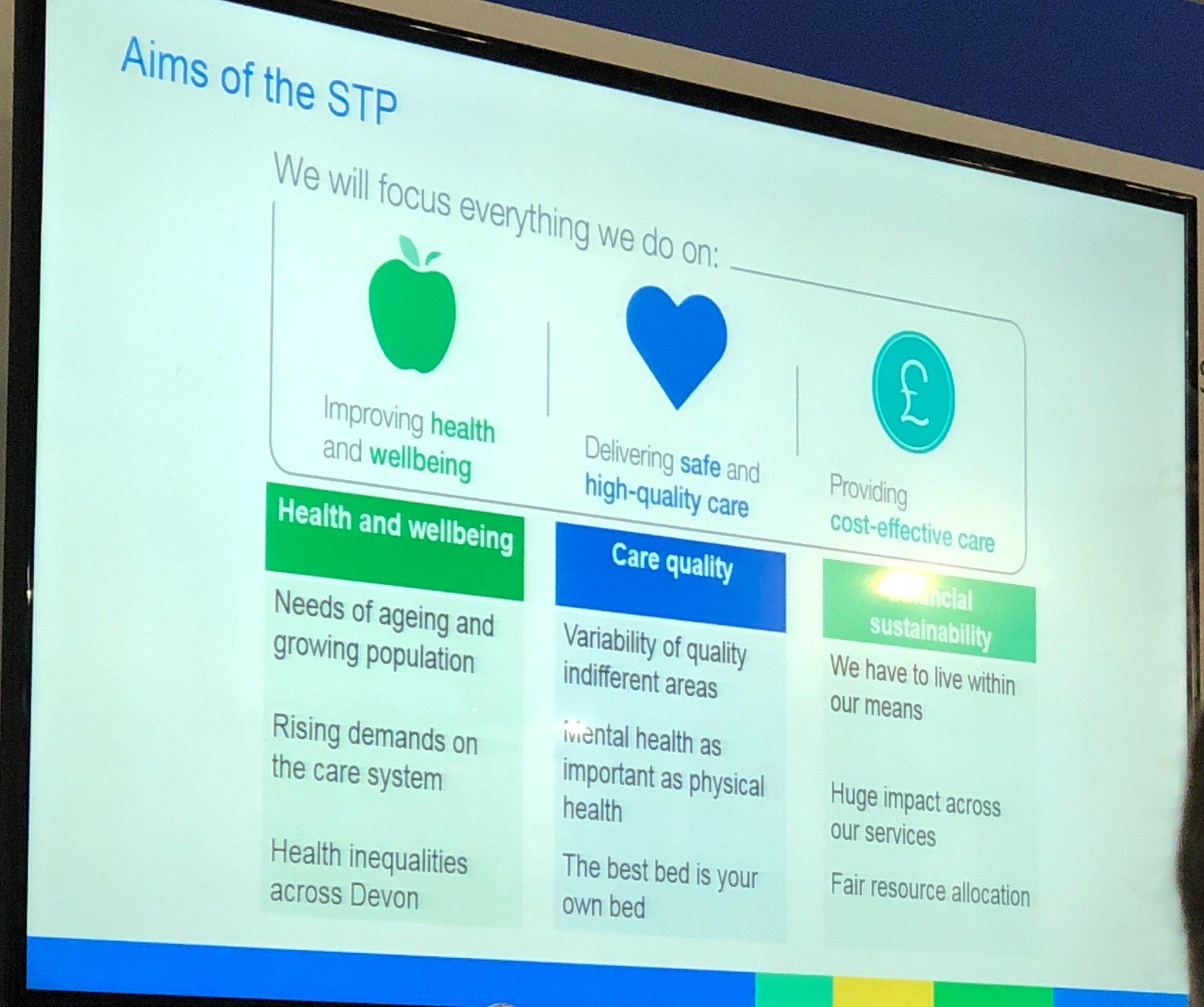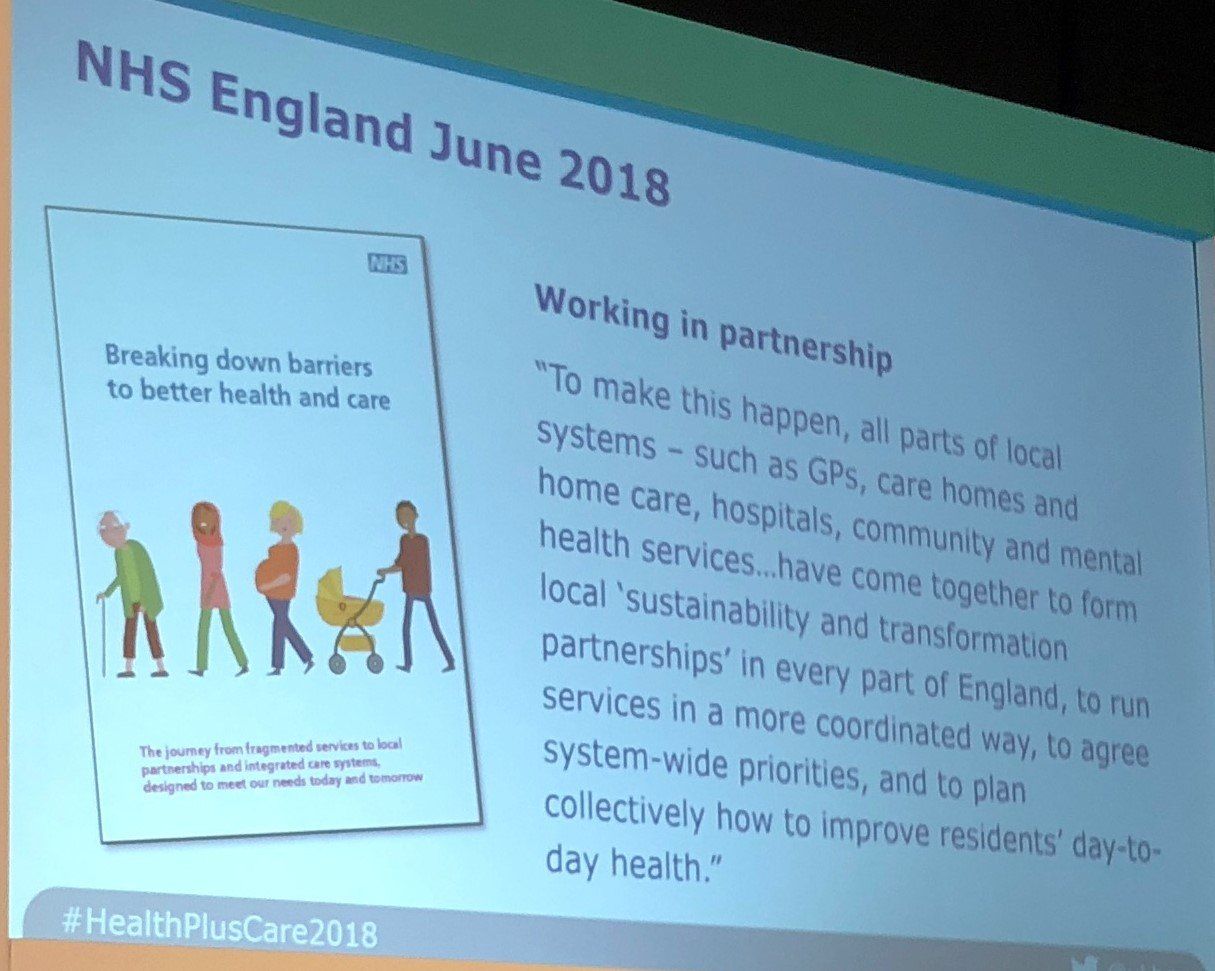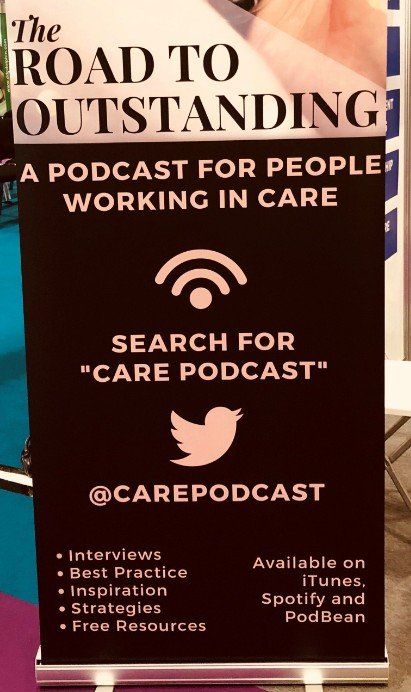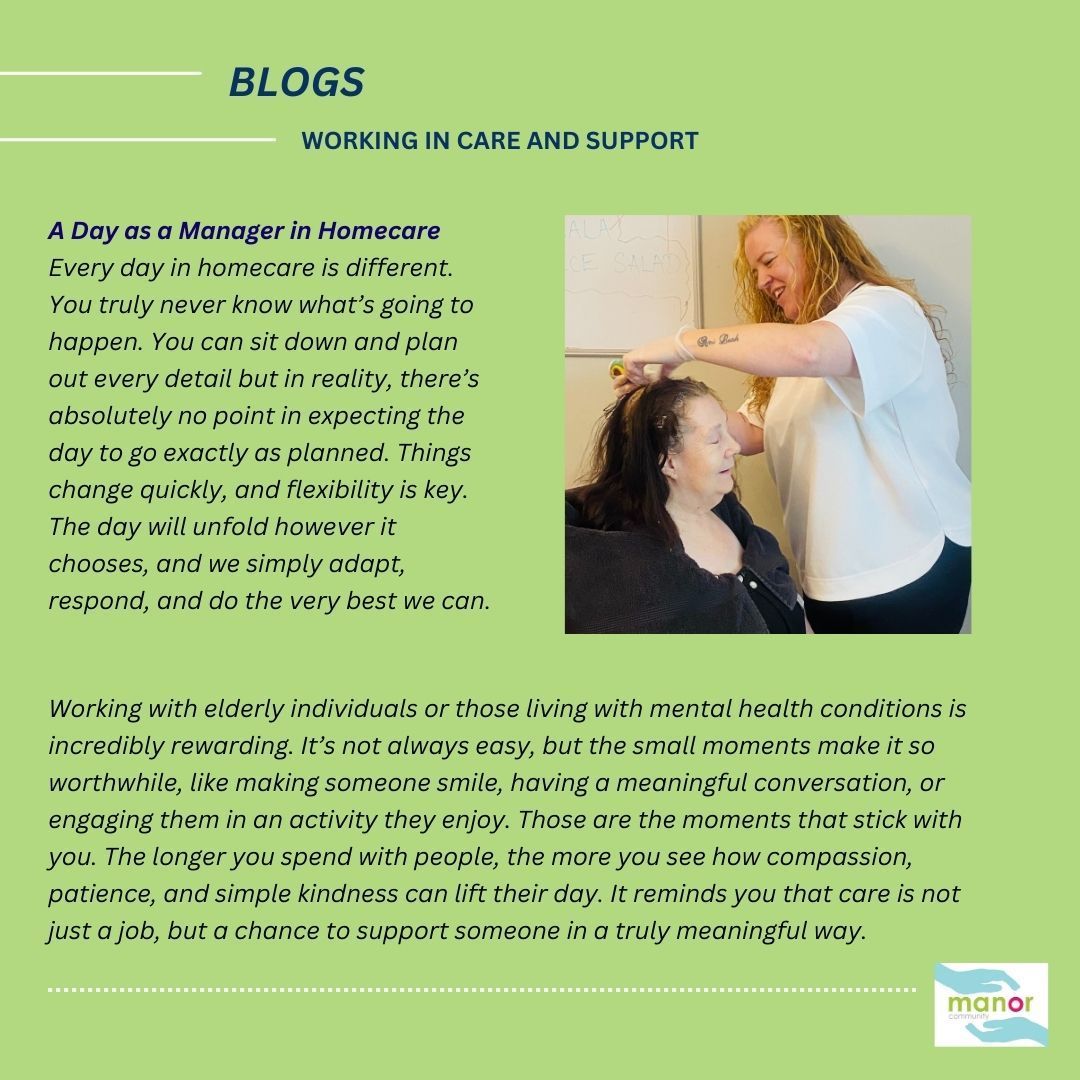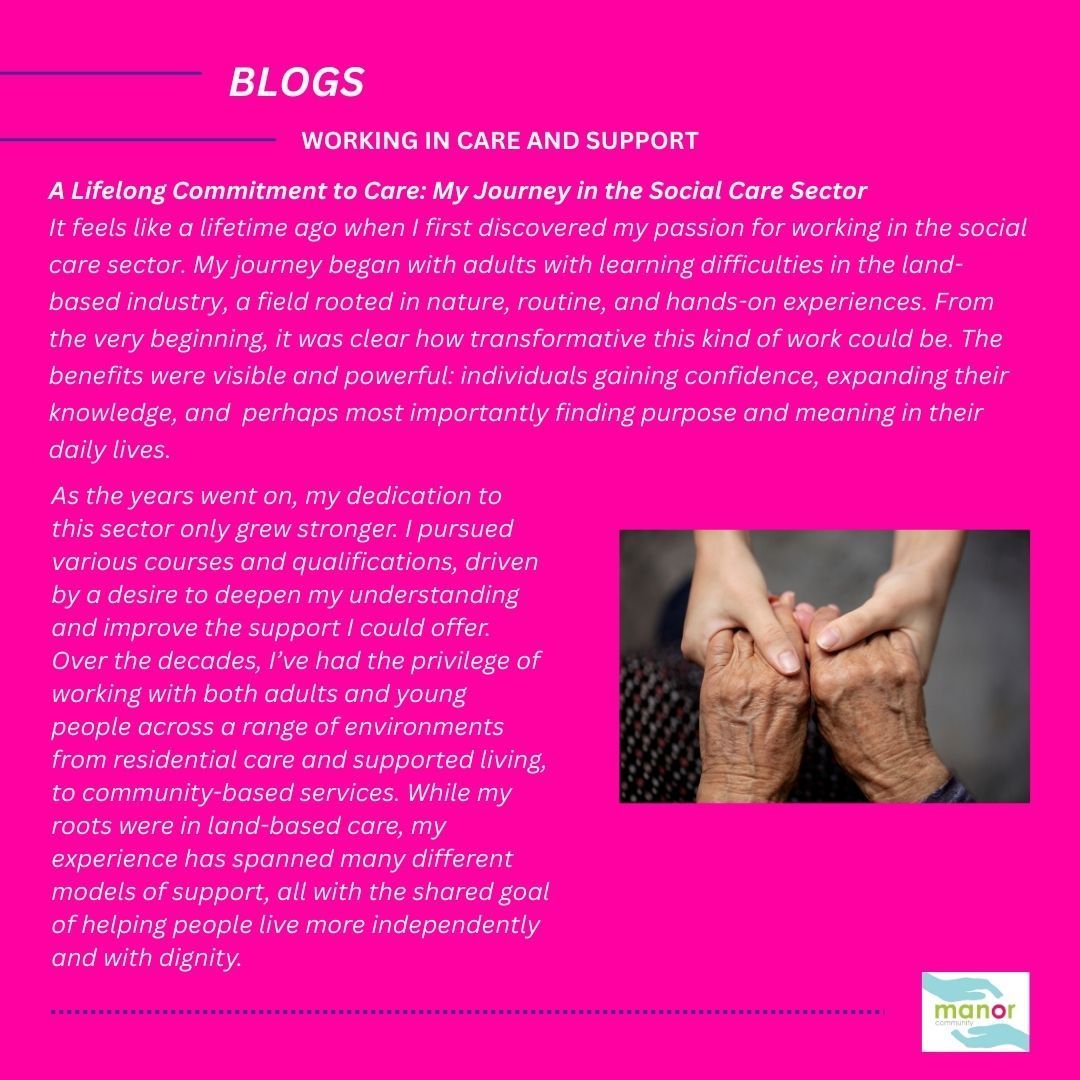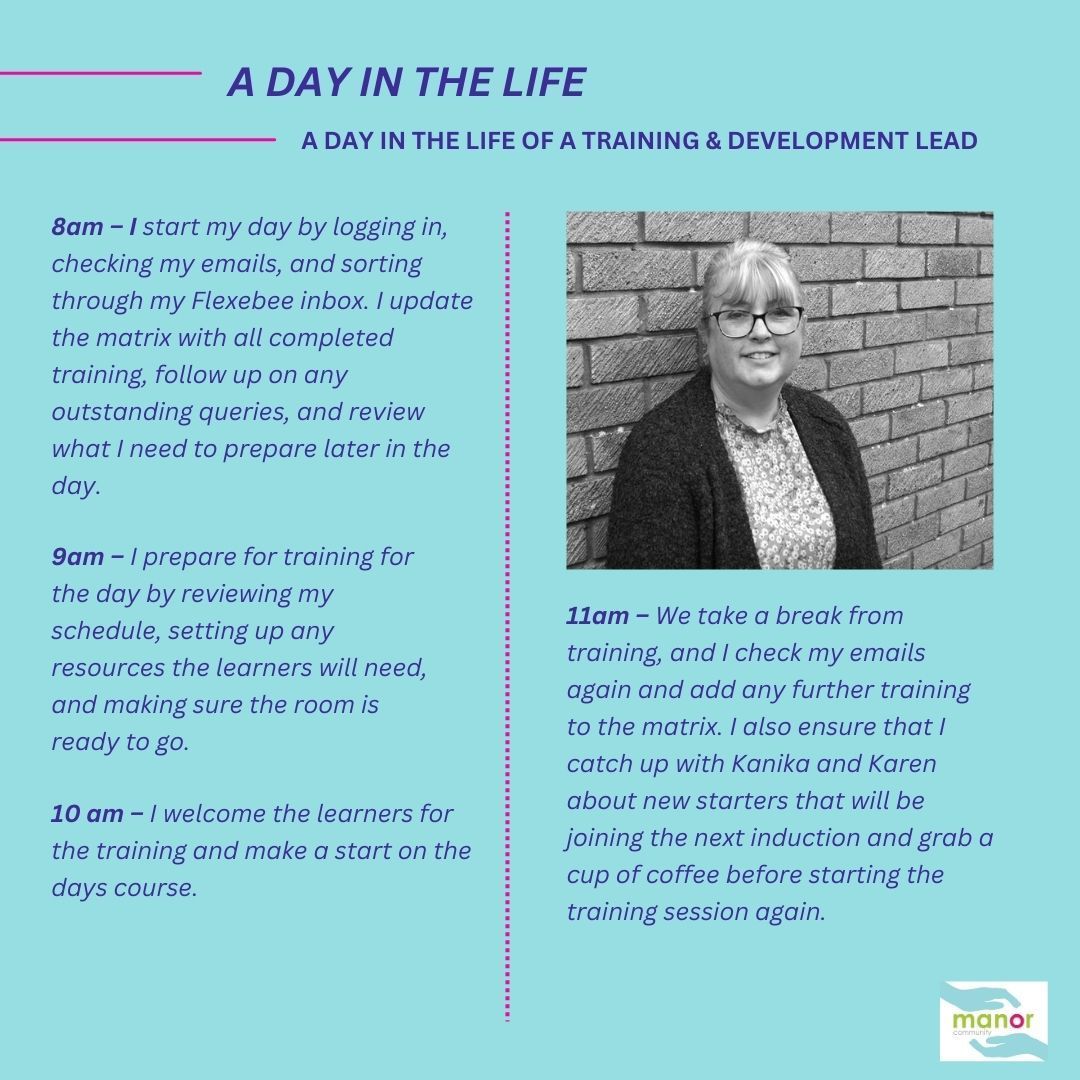Health+Care June 2018 - Our Summary
Written by Sophie Chester-Glyn

Since 2016, two days in late June have been consistently blocked out in our diary, for the Health+Care Conference in ExCeL
London, attended by over 10,000 people involved in health and care. This year’s conference has outdone its predecessors with great talks on everything from Paul Burstow, Andrea Sutcliffe and Izzi Seccombe
discussing the effects of Brexit on care and the anticipated Green Paper. Andrew Heffernan from UKHCA
on how understanding care data can inform business strategy. Discussions on how NHS and Social Care can work better through Sustainability and Transformation Plans (STPs), Integrated Care Systems (ICSs)
and digital transformation.
If you couldn't make it, here are our best bits:
(P.S.This 'summary' is long! but scroll down for some useful pictures of slides)
STPs and ICSs ….
Talks on STPs and ICSs were some of the busiest forums, particularly filled with NHS, Commissioners and Local Authority delegates. Susannah Howards (STP Programme Director for Suffolk and North East Essex STP) pointed out the need for flexible systems and to ‘engage the neighbourhood’
. We learnt that the Care Provider Alliance
has money available from the Department of Health and Social Care for STPs to ensure providers are ‘engaged’. We took an action point to find out about this for our area and check that our local authority’s Market Positioning Statements are aligned. You can access more information here
. If you have connections with a STP please alert them to this! E
ngagement is key
.
There was a lot of buzz around an innovative Dutch model of care called Buurtzorg
, which has decreased bureaucracy and allowed more face to face care time. You can find our more on
their
website
and I have found that
The Guardian
has also done a blog.
Engagement was a big theme and it seems that the large public sector organisations are struggling to engage effectively with their populations. A talk by Richard Stockley @thenakedcitizen
highlighted the importance of ‘representative engagement’.
His message to those organisations was not only to engage with those who respond well, but to reach out to those who don’t normally engage. Their insights will be invaluable.
Care Data – Use it!
Steve Sawyer from Access UK
and Andrew Heffernan from UKHCA
had some hard-hitting facts on social care delivery. Much of which is well known, but still makes you quiver on seeing it in numbers. Such as:
- 30 minute calls in homecare are probably loss making and
- 15 Minute calls are definitely loss making. Not only in profit but also in quality.
A further message to commissioning authorities – Travel time adds 22% on top of workers’ pay to the cost of care.
NICE Guidance
As a care organisation we are always looking at increasing standards whilst keeping costs down. So, we were particularly interested in the talk by Jane Silvester (Associate Director, Social Care and Leadership at NICE) which highlighted the availability of funding for products companies are developing or want to develop, which help implement their guidance. This is the Nice Endorsement Scheme and more can be found here .
NICE (and CQC) love to see providers ‘map’ the quality of their care with NICE guidance #tip!
NICE also have some really useful guidance for Quick Guides for time strapped care managers.
Please take time to access them here.
Other Bits
A great talk by Issac Theophilos on how to get the ‘Outstanding’ rating in Care. We met Issac at another conference and he is great at providing those practical examples of how to achieve the aims of the KLOE’s. He’s also produced a book on how to get to Outstanding which should be available on amazon next month. He’s trawled through 100+ Outstanding CQC reports and has managed outstanding services himself. In his words, he’s ‘done the hard work for you’. Should be an interesting read.
For those wanting tips on recruiting staff : Sophie Coulthard @judgementindex and @carepodcast woke us all up with an enthusiastic and immensely thought-provoking talk on recruiting on values , creating a career in care and having a ‘wellbeing policy’. Also helpful were talks by Neil Eastwood at Sticky People Ltd.
The Future of Adult Social Care
The headline act of course, was left to Thursday morning, where Izzi Seccombe OBE (Chair of the Local Government Association’s Community Wellbeing Board), Andrea Sutcliffe (Chief Inspector of Adult Social Care, CQC), Aidan Kehoe (Chief Executive of Royal Liverpool and Broadgreen University Hospital NHS Trust), Michael Adamson (Chief Executive, British Red Cross) and Paul Burstow (Chair of SCIE) spoke on a panel regarding the future of adult social care. Roy Lilley chaired the session. Some of the key messages included:
- Almost unanimous feeling that the Green Paper
was not going to add hugely as a solution to health and care issues. In fact, we already have the tools with e.g. the Care Act, the Better Care Fund and section 75 of the Care Act 2014, clarifying funding for after care services under Mental Health Act 1983. What, unsurprising was needed is extra funding.
- Andrea argued that it was 'not just about money but how the money is used'.
Her criticism of the green paper, as it stands, was that there is too much of a focus on services for Older People and that there is a significant amount of younger people using services who also need to be brought into it. Izzi backed this up with the statistic that 50% of spend on services is for younger
NOT older people. A telling statistic!
- Michael emphasised that there are commissioning gaps and people are ‘falling through the gaps’.
He suggested a read of a book that analysed 25 health systems around the world – I believe it’s this one by Mark Britnell called ‘In Search of the Perfect Health System’. Here’s a link on amazon. But if you just want a summary, here’s a blog from The Guardian
- Worryingly Paul Burstow later surmised that there could by a 200,000 shortfall of care staff by 2020 and that any funding for care from the green paper was unlikely to materialise within the next 2 years.
- Leadership, Leadership Leadership - get that right and the rest will follow. Certainly we have found that great leadership across social care and health results in better outcomes for everyone.
- Stats: there are now 3% rated outstanding care services
- The main reason for services being rated outstanding is for 'Caring'
- NEWS ALERT! CQC have launched today (28th June) a new resource on looking at critical safety issues. The aim is to help peole learn from where things have gone wrong and how to avoid this in the future. Read it here
- The key to outstanding is 'genuinely giving people a voice'
- Workforce: make sure you have a good culture, consistency and robust induction process
If all goes to plan, expect the PIC (The new PIR) to be fully rolled out sometime in the Autumn
Spotlight on Commissioning
The Green Paper is likely to feature how CQC might have a role in looking at how Local Authorities are Commissioning services.
Finally!
For anyone interested in attending next year’s conference – which we’d highly recommend – block 26th and 27th June 2019 out in your diary!
